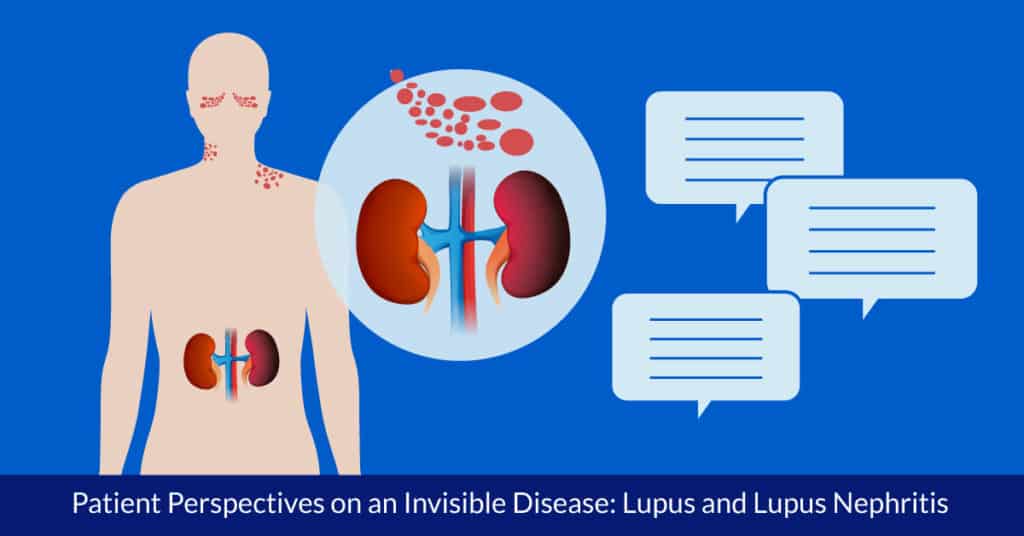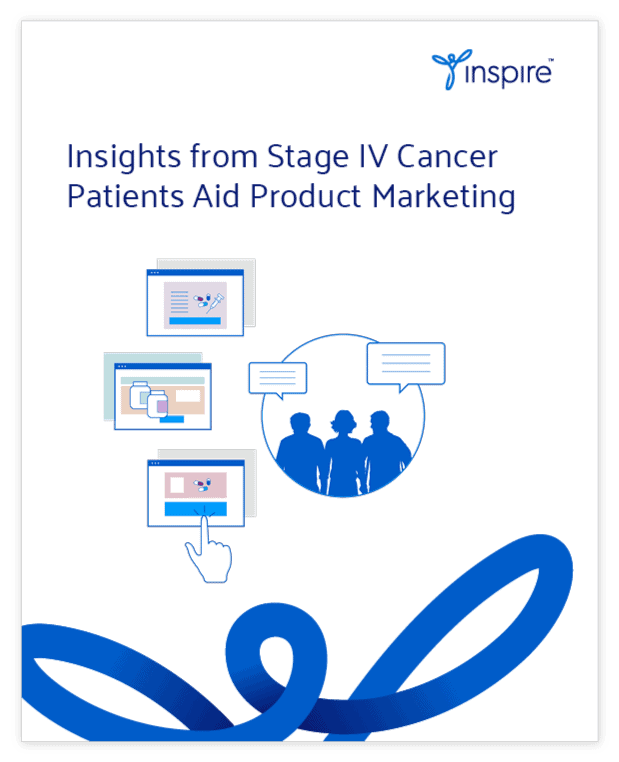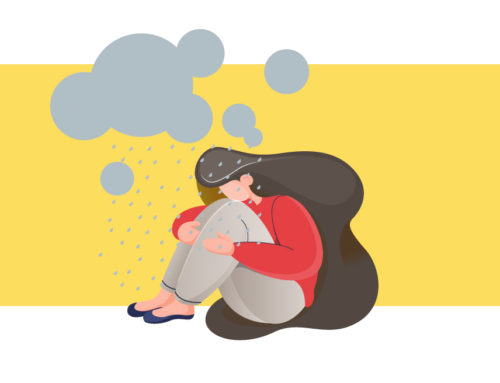Patient Perspectives on an Invisible Disease: Lupus and Lupus Nephritis

By Kathleen Hoffman, PhD, MSPH
Imagine going to see a doctor when you are exhausted and enduring multiple kinds of pain, and they recommend a “psych” evaluation. When they “can’t find anything,” the medical professional you looked to for help decides you must be making it up. Many patients with conditions that mimic other disorders describe facing this challenge.
Systemic Lupus Erythematosus (SLE or lupus) is one such condition. Members of the LupusConnect Support Community on Inspire describe going through Herculean efforts to find help, only to be disbelieved, or, at best, having their diagnosis delayed. One member explained,
I have been in and out of the doctors and ERs since [date] they found out I had pancreatitis then I was still having issue[s] and I kept telling them there was something else they were missing they told me it was in my head because of my anxiety and depression…I finally got the referral to see the other specialist in [month] with the blood work that they seen from the gas spec and all the symptoms I told them I was having they came to the conclusion I have SLE lupus.
Lupus is an autoimmune disease that can affect any organ of the body. Part of the difficulty in being believed — and arriving at a diagnosis — is that lupus occurs in flares, so symptoms come and go. It creates painful inflammation, fatigue, rashes, and, in some cases, permanent tissue damage.1 With intermittent symptoms attacking almost any body part, many even have to deal with their loved ones’ skepticism. A family member decides the fatigue and other lupus symptoms that they experience are “mental,” or as one Inspire member wrote:
My granddaughter said I was just an attention seeker.
Another was coping with family “advice:”
So, I’m newly diagnosed with SLE, and I’ve been having pain in my back and ankle and just recently started having it in my wrist…. I talked to my parents about it, but they said that if I just continue walking and exercising, it’ll go away and that I need to stop being lazy and etc.
They also struggle with friends and community judgement.
My husband was told once that i just needed a faith healing, because good people dont get sick!
Only with the proper blood work, seeking treatment from rheumatologists,, or from skin biopsies done of the butterfly rash by dermatologists, do people get a diagnosis. But by then many members describe sometimes multi-year ordeals trying to find someone that takes the honest description of their daily experience seriously.
SLE is chronic and can be managed with medications, but not cured. The brain and the nervous system can be affected by lupus causing dizziness, headaches, strokes and seizures as well as behavioral changes and impaired speech. Involvement of the heart, lungs and blood vessels can result in pericarditis, inflammation of the chest cavity and heart muscle causing heart attacks. Bleeding into the lungs, pneumonia and anemia can occur. While early diagnosis and treatment are crucial to preventing tissue damage, not being taken seriously can be dangerous or even fatal.1,2
Fifty percent of people with lupus also experience kidney inflammation called lupus nephritis which can lead to kidney failure. In children, 8 of 10 who have lupus will have kidney disease. Symptoms, such as foamy urine and edema, can begin concurrently with other lupus symptoms.
One member with lupus nephritis said,
Currently in the hospital. I have been bloated and swelling for months now. Gained about 35 lbs of water weight from the swelling. Was and is given lacks to drain out the excess fluid and a biopsy of my kidneys was taken. Found out that my kidneys are working at 10% capacity and I might have to do dialysis. That is not something I want to do.
Another member replied to the post with their experience with treatment:
Hi. I recently started peritoneal dialysis. It’s all done at home after training.
Members ask each other for advice on treatment, “Are you on any medicine to help with pain control?” They mention brands by name, and suggest asking for medication from their rheumatologist.
Over 56,000 members of Inspire have shown an interest in lupus through joining communities, searching for lupus and telling Inspire about their interest in the disease. Over 31,000 posts have been written. Members of the Lupus Foundation of America’s LupusConnect Support Community on Inspire are grateful for support:
I don’t feel alone now knowing others are going thru the same thing. This illness is horrible and it’s sucking the life right out of me but at least I can vent to others who know exactly what I am going through.
Having a chronic autoimmune disease is hard enough; believing people is a first and vital step to truly helping them. As people living with chronic illness, they deserve sensitivity, support and caring as they navigate their life-changing and often life-threatening experience.
Inspire offers a trusted community to patients and caregivers. Our goal with this blog, this website and our content is to provide the life science industry access to the true, authentic patient voice. In so doing, we support faithful operationalization of patient-centricity. Take a look at our case studies, eBooks and news outlet coverage.
References:
1 https://www.niams.nih.gov/health-topics/lupus
2https://www.niddk.nih.gov/health-information/kidney-disease/lupus-nephritis






